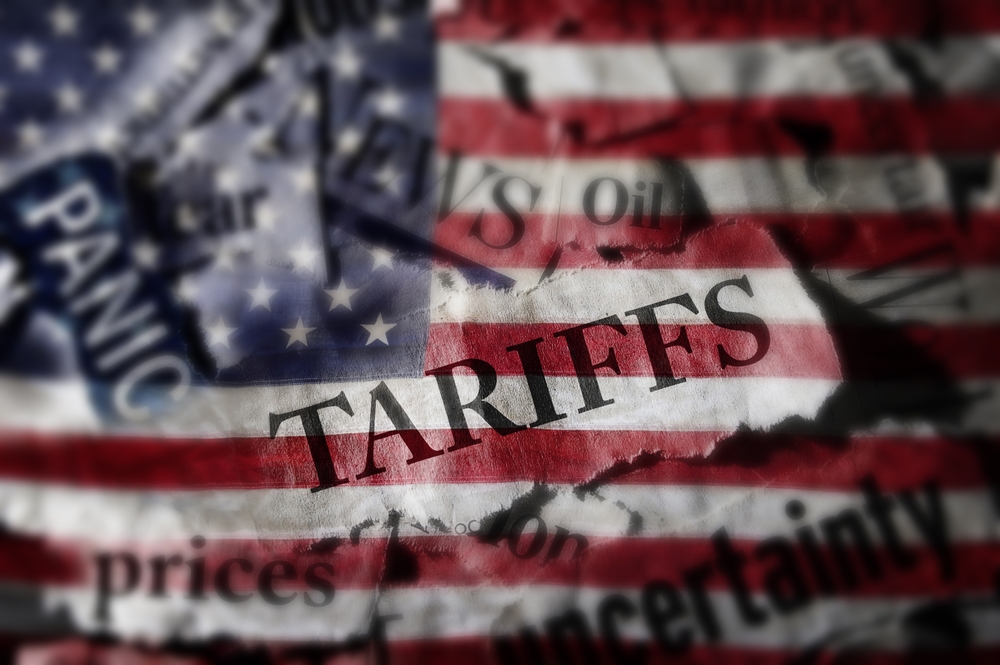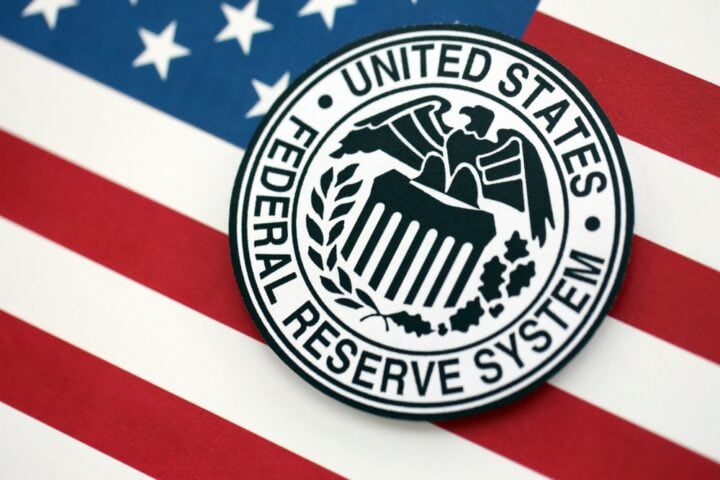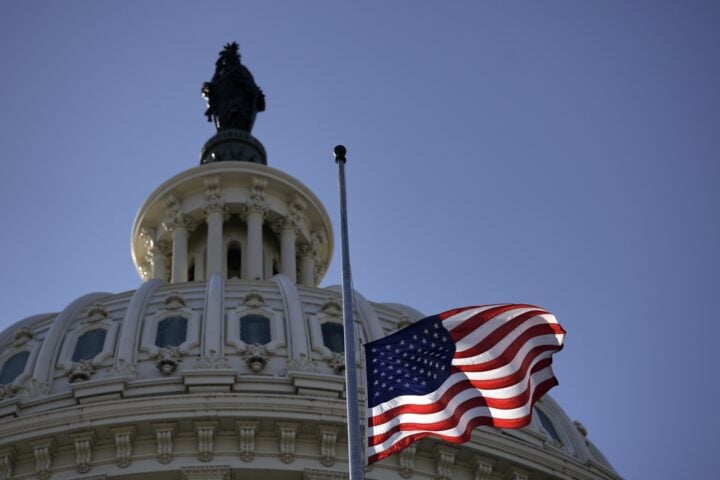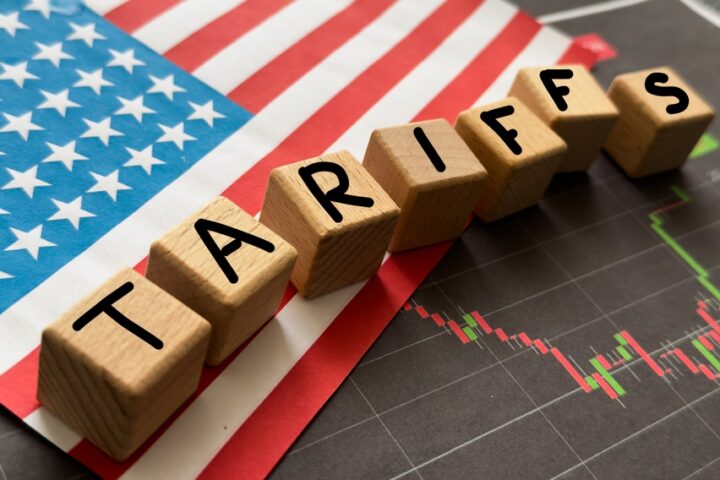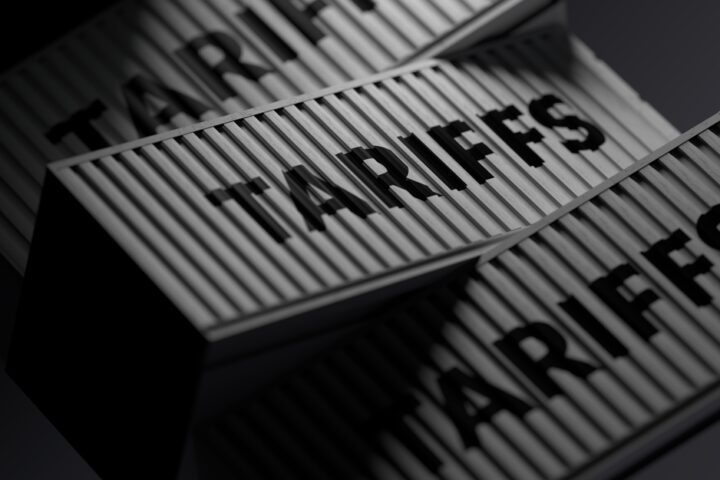New Bill Seeks Congressional Oversight on Tariffs
On Thursday, Republican U.S. Senator Chuck Grassley introduced a bill that would require congressional approval for new tariffs, following President Donald Trump’s unveiling of sweeping new tariffs on a wide range of imported goods. Grassley, a long-time advocate for trade transparency, co-sponsored the “Trade Review Act of 2025” with Democratic Senator Maria Cantwell. The bill would mandate that Congress approve new tariffs within 60 days of their imposition, or the tariffs would automatically be blocked from enforcement.
Political Divide Within the GOP Over Tariffs
Grassley’s move comes at a time when dissent is growing among Republicans regarding Trump’s aggressive tariff policies. This bill follows a separate measure passed in the Senate the day before, which would lift tariffs on Canadian goods—a proposal supported by some Republicans who are concerned about the economic impact of Trump’s trade moves. The introduction of Grassley’s bill reflects the increasing unease among GOP members, especially as Trump’s tariff policies have sparked fears of a recession and contributed to Wall Street’s worst day since 2022.
Trump’s Strong Stance on Tariffs Faces Skepticism
Trump, who has long been a proponent of tariffs, argues that these new trade barriers will increase federal revenue and encourage manufacturing to return to the U.S. However, economists have voiced skepticism regarding these claims, expressing doubts that tariffs will achieve the desired outcomes. Grassley, while not directly criticizing the president, pointed out that the U.S. Constitution grants Congress authority over trade matters, but that over time, this power has largely been ceded to the executive branch. His bill seeks to reassert congressional authority in tariff matters.
Republican Critics Raise Concerns Over Trump’s Tariff Strategy
While Grassley’s bill challenges Trump’s tariff approach, other Republican senators have also expressed reservations about specific aspects of the tariffs. Senator Jerry Moran voiced concerns about the lack of targeting in the tariffs, noting that a more measured approach might be needed to address countries taking advantage of the U.S. economy. Similarly, Senator James Lankford questioned the 17% tariff on Israel, asking for an explanation from the U.S. Trade Representative about why this was set differently from other countries. These concerns highlight a growing divide within the Republican Party regarding Trump’s broad tariff strategy.
Support for Trump’s Tariffs Among Some GOP Members
Despite the criticism, there remains strong support for Trump’s tariffs among many Republicans. Senator John Barrasso, the chamber’s No. 2 Republican, defended the president’s approach, emphasizing that the long-term goal of these tariffs is to bring jobs and manufacturing back to the U.S. Barrasso described Trump’s stance on unfair trade as consistent over decades, underlining that these tariffs are seen as a crucial step to protect the American economy. However, other Republicans, including Senators Susan Collins, Lisa Murkowski, Rand Paul, and Mitch McConnell, have voiced opposition, with McConnell stating that tariffs act as a “tax on everyday working Americans.” This opposition is gaining momentum, especially as tariffs raise the cost of goods and services for consumers.
The Growing Debate on Trade and Tariffs
Public opinion is also divided on the effectiveness of tariffs. A Reuters/Ipsos poll completed on Wednesday found that about half of Americans—and one in five Republicans—believe that increasing tariffs will ultimately harm the economy. While some in Congress, including Grassley and Cantwell, argue that the tariffs could have long-term negative effects, others continue to support them as part of a broader strategy to address what they perceive as unfair trade practices. Senator Cantwell warned, “We can’t afford a trade war that lasts for two or three years, leaving our product off the shelves.” This highlights concerns that prolonged tariff battles could lead to uncertainty and chaos in the economy.
A Deepening Divide on Trade Policy
The introduction of Grassley’s bill and the growing opposition within the Republican Party indicate a deepening divide over Trump’s tariff policies. While some Republican lawmakers continue to support the president’s approach, others, including Grassley, are calling for greater congressional oversight to ensure that tariff decisions are more targeted and carefully considered. As the debate over tariffs continues to evolve, the future of U.S. trade policy remains uncertain, with significant implications for both the economy and international relations.


